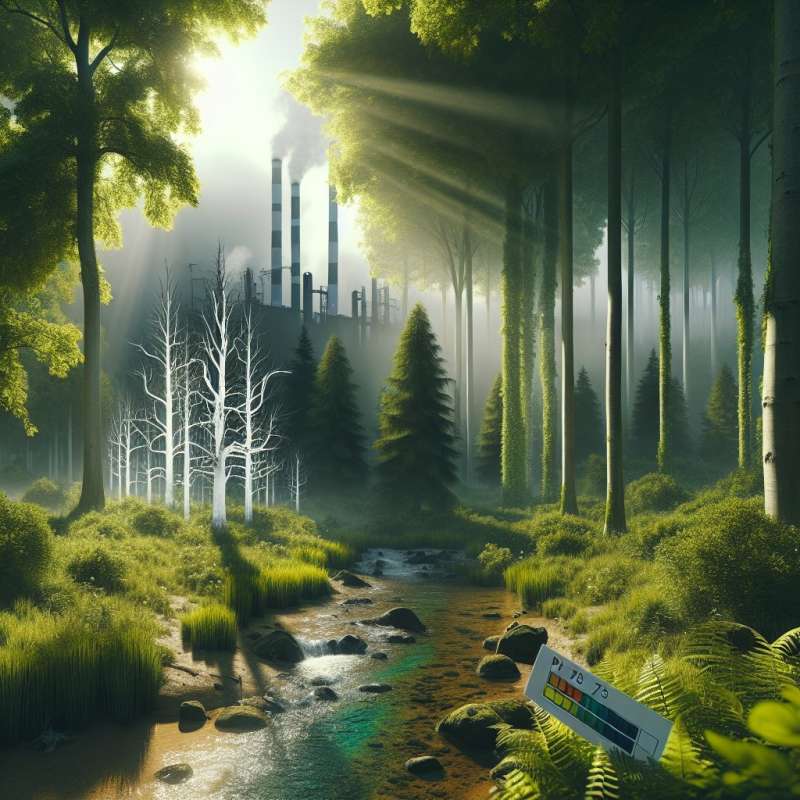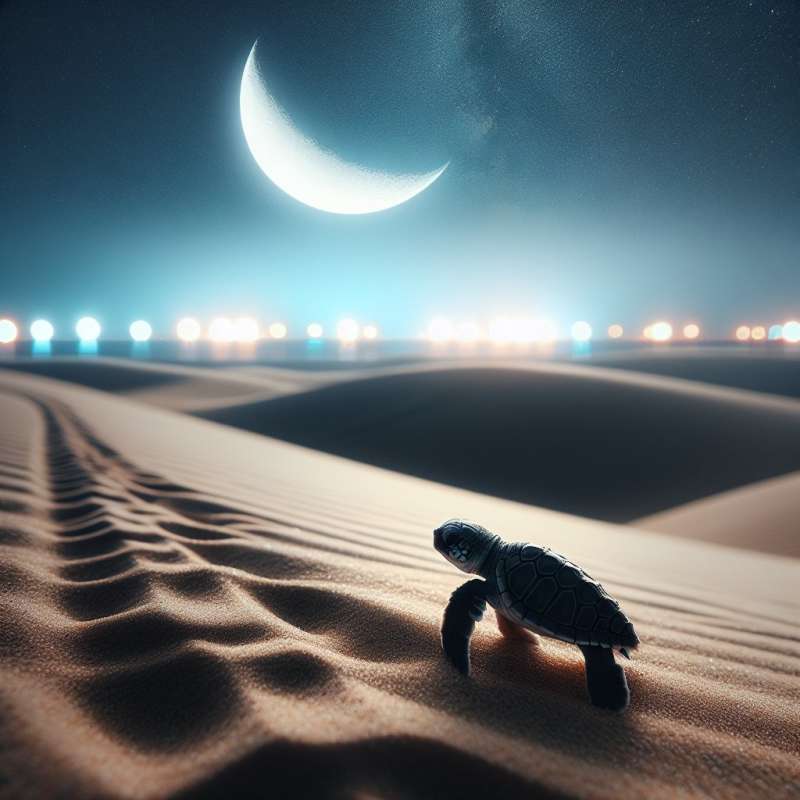
Pollution: Biodiversity's Silent Killer
Pollution in various forms—air, water, soil, and noise—has profound effects on ecosystems. It disrupts food chains, alters habitats, and can cause species extinction. For instance, noise pollution alters bird mating calls, impacting their reproduction.
Oceanic Dead Zones Expansion
Nutrient pollution creates oceanic dead zones, areas so depleted of oxygen that marine life cannot survive. The largest, in the Gulf of Mexico, spans over 8,700 square miles, roughly the size of New Jersey.
Microplastics: Invisible Dangers
Microplastics, smaller than 5mm, pervade oceans and soil. They're ingested by animals, entering the food chain, potentially altering DNA and causing species decline. Recent studies suggest they're even found in the air we breathe.
Acid Rain's Ecosystem Damage
Acid rain, from industrial emissions, affects water pH levels. This can lead to the decline in fish populations and forest damage, as seen in the dieback of German forests, affecting 34% of Germany's trees.
Light Pollution's Biological Disruption
Artificial light at night disrupts nocturnal animals' natural behaviors. For example, sea turtles' hatchling success is compromised as they're drawn toward city lights instead of the moonlit ocean, their natural habitat orientation cue.
Pesticides Threaten Pollinators
Pesticides, intended to protect crops, can decimate pollinator populations, crucial for biodiversity. Neonicotinoids, a common class, contribute to bee colony collapse, threatening the pollination of one-third of our food crops.
Climate Change Intensifies Impact
Pollution-driven climate change accelerates biodiversity loss. It exacerbates habitat destruction, forcing species migration and altering ecosystems. For instance, coral bleaching events have doubled in frequency since the 1980s, endangering reef ecosystems globally.Plastic Rocks Forming
Plastic waste is fusing with natural rocks, creating a new geological formation called 'plastiglomerate,' a stark sign of human impact on Earth's geology.
What disrupts ecosystems' food chains?
Nutrient-rich ocean zones
Various pollution forms
Natural habitat orientation
Company